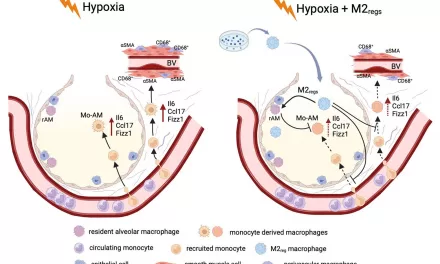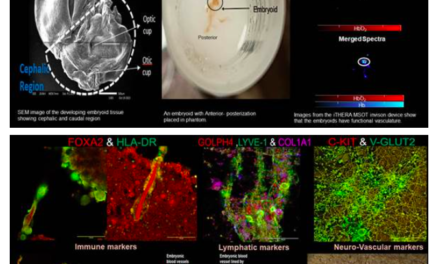A new study from the University of Michigan highlights a significant public health concern: more than three-quarters of older adults diagnosed with dementia may be unaware of their condition. This issue is even more pronounced among Mexican Americans, who make up the largest segment of the U.S. Hispanic and Latino population, with up to 85% of this group unaware of their diagnosis.
The study, which focused on residents of Nueces County, Texas, found that fewer than 7% of participants diagnosed with probable dementia based on cognitive assessments lacked a primary care provider. Despite this, there was no clear link between access to primary care and awareness of the diagnosis. This suggests that the lack of awareness is not due to a lack of communication with healthcare providers.
Dr. Lewis Morgenstern, senior author of the study and a professor at the University of Michigan Medical School, emphasized the importance of diagnosing dementia: “The diagnosis of dementia provides the opportunity to seek out treatment and home care services to help both patients and caregivers. If the diagnosis is not given, or the understanding of the diagnosis is unclear, it is a missed opportunity.”
The study’s findings suggest that the relationship between patients and physicians may be contributing to the lack of awareness. Dr. Josh Martins-Caulfield, first author of the study, pointed out that physicians often hesitate to diagnose dementia due to time constraints, insufficient dementia-specific training, or discomfort with delivering the diagnosis. As a result, the diagnosis is sometimes withheld until patients or their families raise concerns.
The research also uncovered troubling trends within Hispanic and Latino communities, where cultural factors may contribute to a lack of awareness and understanding of dementia. Dr. Morgenstern emphasized the need for cultural competence in medical care, particularly for stigmatized conditions like dementia.
Despite the challenges in diagnosis awareness, the study found that having a formal diagnosis did not alleviate the perceived burden on caregivers. In fact, the realization of the diagnosis can create additional stress, as caregivers must quickly adapt to new responsibilities, such as managing daily care and making complex decisions. Dr. Darin B. Zahuranec, co-author of the study, stressed that effective caregiving requires not only an accurate diagnosis but also emotional support and resources for caregivers.
The study’s findings, published in the Journal of General Internal Medicine, underscore the need for better dementia diagnosis practices and more comprehensive support for both patients and caregivers. With dementia affecting millions of older adults in the U.S., addressing the awareness gap is essential to improving care and quality of life for those impacted by the disease.
For more information, refer to the study Dementia Diagnosis Unawareness and Caregiver Burden in a Multi-Ethnic Cohort, published in the Journal of General Internal Medicine (2025). DOI: 10.1007/s11606-024-09333-1.












